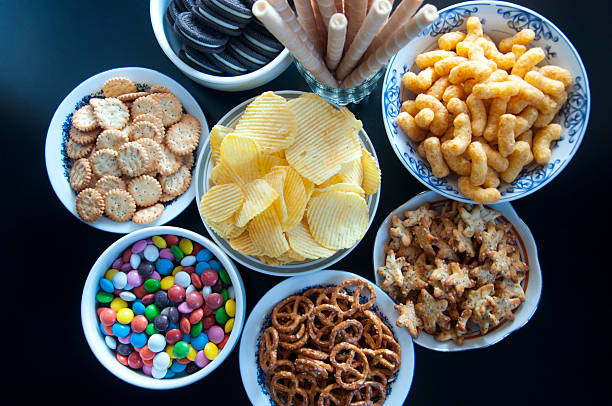1- Caffeine
Rephrase There are many common sources of caffeine, including coffee, soda, tea, and chocolate, that contain caffeine. Some of it can make its way to the breast milk of the mother.
Rephrase This can be a big problem, mainly for babies who have a hard time breaking down and getting rid of caffeine. Too much caffeine over a long period time can lead to irritated behavior and trouble in sleeping.
2- Alcohol
Mothers who consume alcoholic beverages while nursing their children may experience hangovers, blackouts and alcohol poisoning.
Alcoholic beverages contain calories, protein, vitamins and minerals that aid in the development of the baby's body. Additionally, the acids produced by alcohol can upset the baby's stomach causing diarrhea and vomiting.
Drinking alcohol when nursing should be avoided at all costs since it can have dire consequences for both the mother and child.
3- Hot beverages
Hot beverages also pose a health risk to breastfeeding mothers and their babies. The high temperature of these drinks causes the milk in a mother's breastmilk to evaporate, which in turn causes dehydration in the infant. Drinking very hot beverages when breastfed also risks causing burns to the infant's mouth and throat.
In addition to burning, drinking very hot liquids while breastfeeding can also cause damage to the infant's teeth. In addition, mothers should not eat heavy meals while breastfeeding since this can slow down digestion, which delays the delivery of nutrients to the infant through breastfeeding.
It is important for mothers to understand how their habits affect their babies' health when they consume certain foods or drinks while breastfeeding. It is best if mothers avoid alcoholic beverages and hot beverages while nursing since these can have adverse effects on their babies' health. Additionally, eating light meals while breastfeeding delays delivery of food to the infant but prevents infant malnutrition.
3- Fish high in mercury
Unfortunately, some fish and seafood can also be very high in mercury, the damaging metal that can be toxic to both kids and adults. For instance, albacore tuna is a “superhigh” mercury fish, as is Baccaloni, an Argentinian-commodity Chilean king mackerel.
Rephrase Some studies have suggested that even short-term exposure to mercury can harm a fetus and a baby’s brain development. Children who are exposed to higher levels of mercury may have delays and problems later on in their physical development.
-World Diet



Comments
Post a Comment